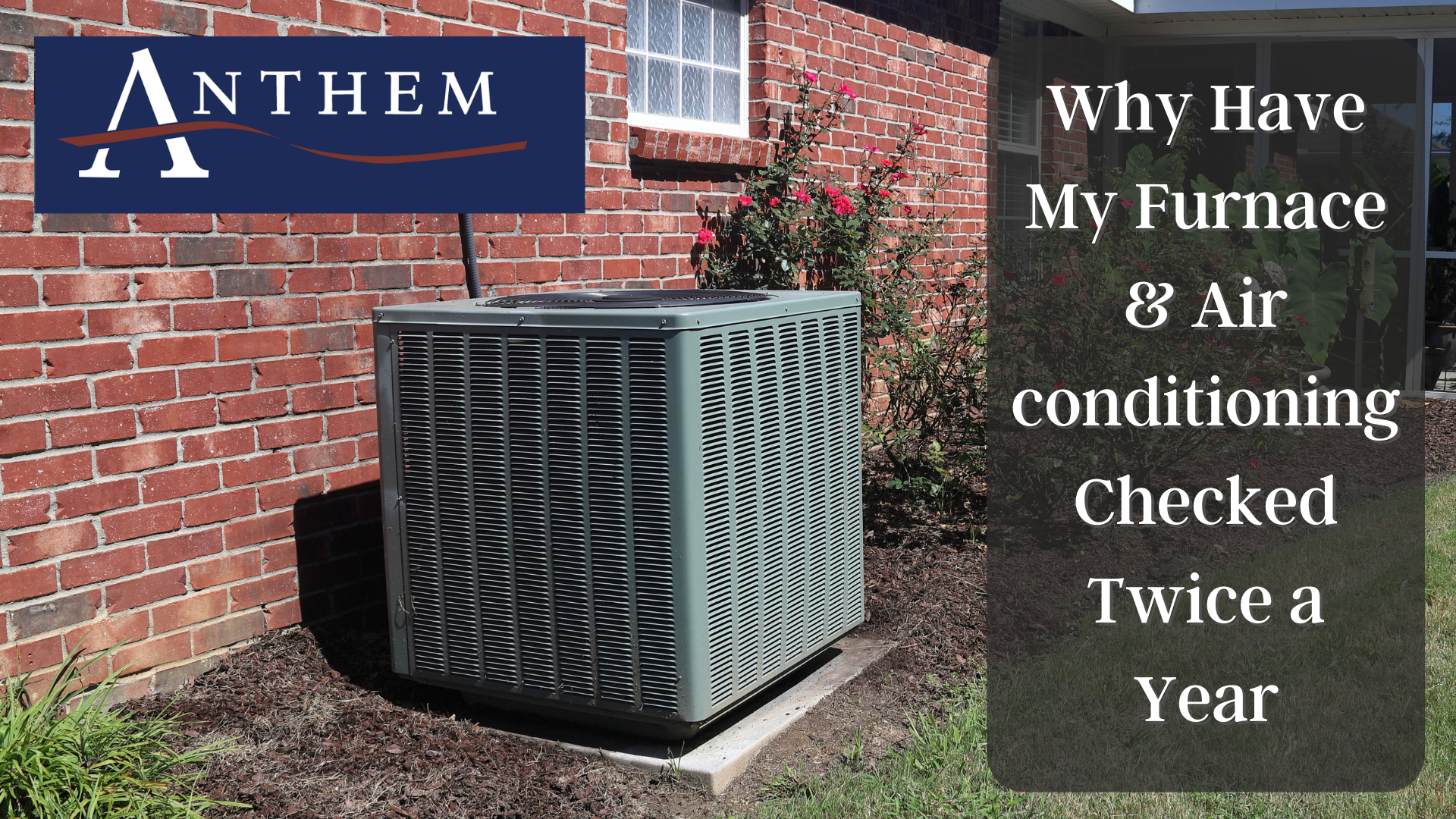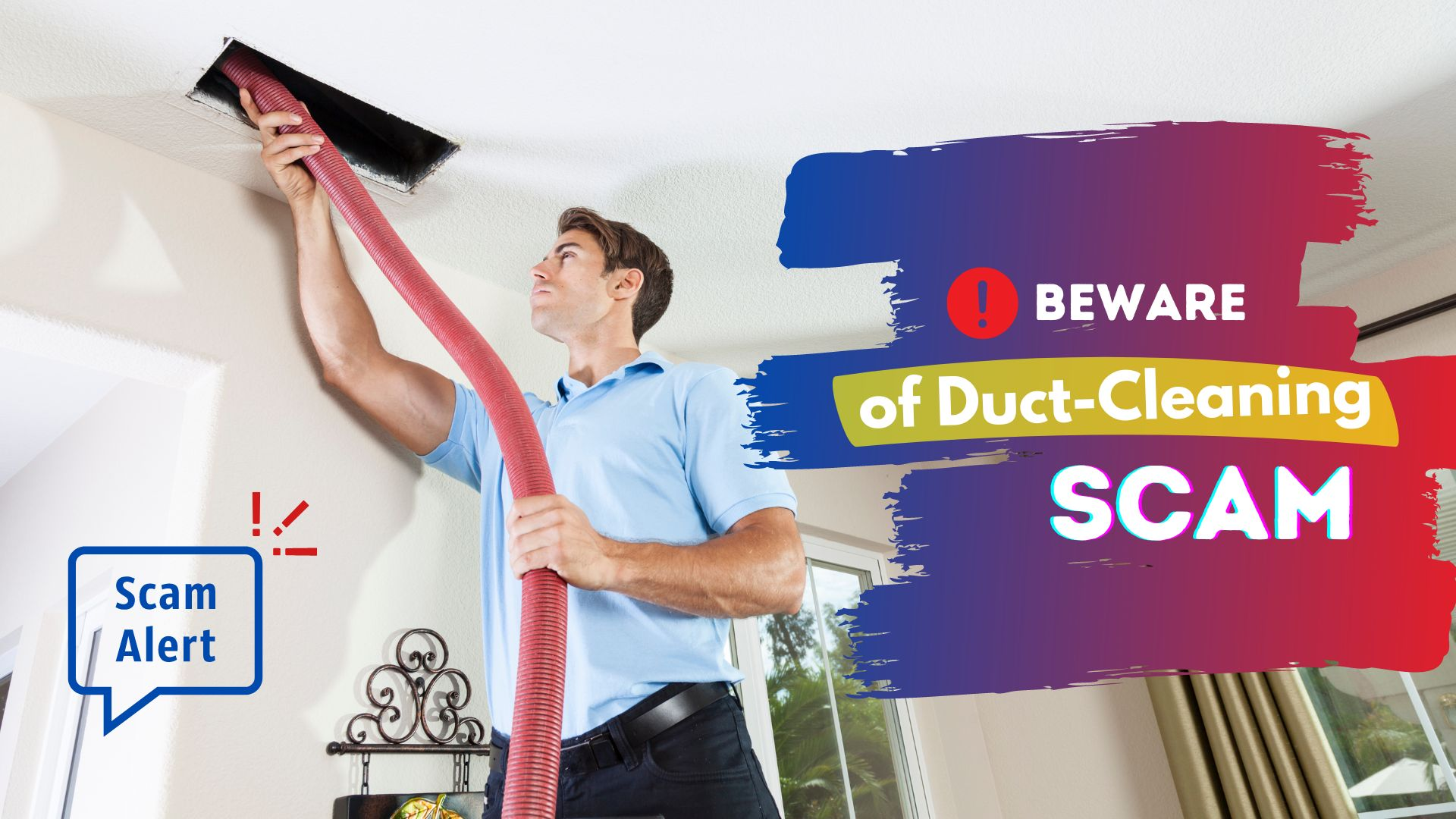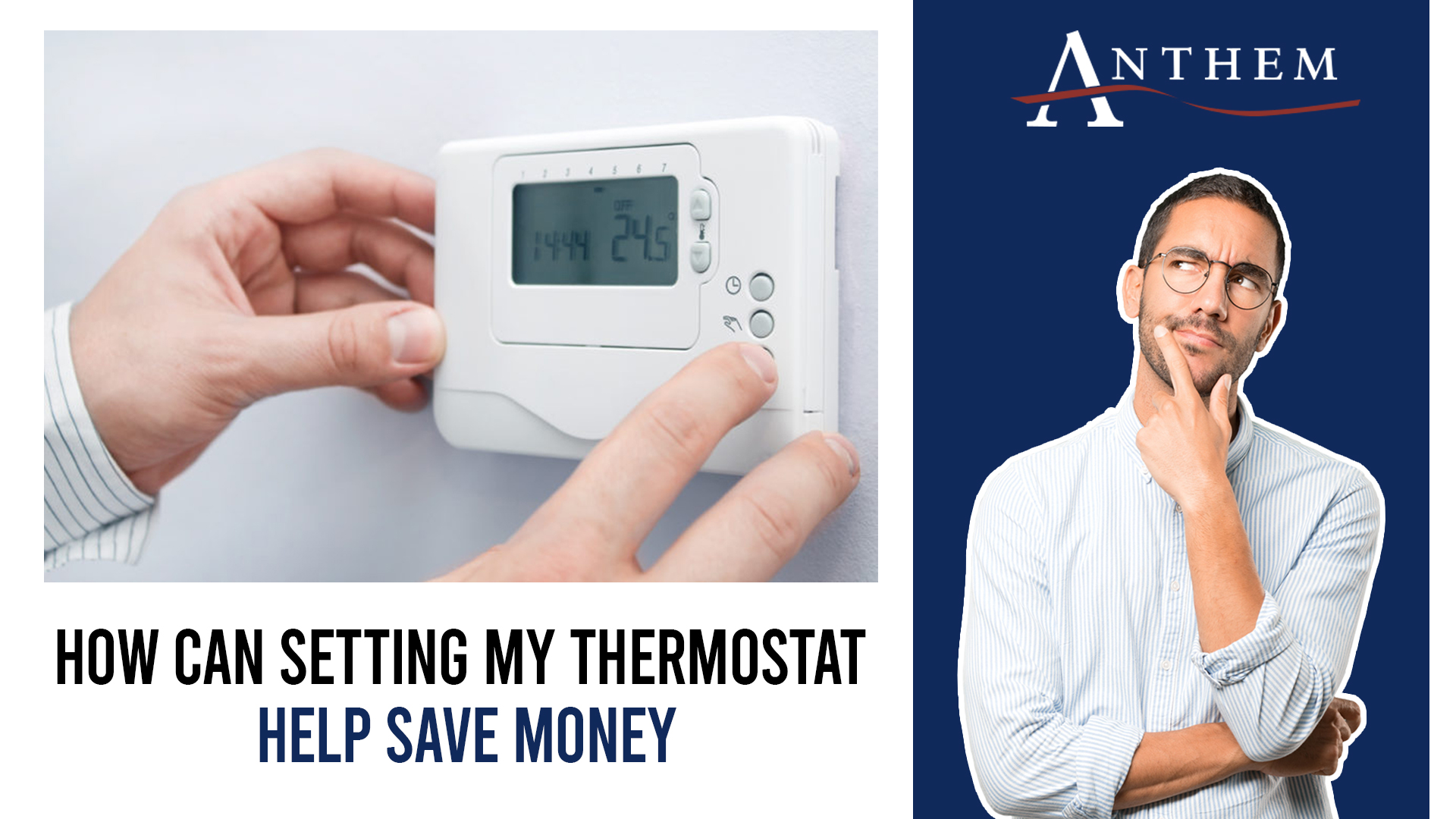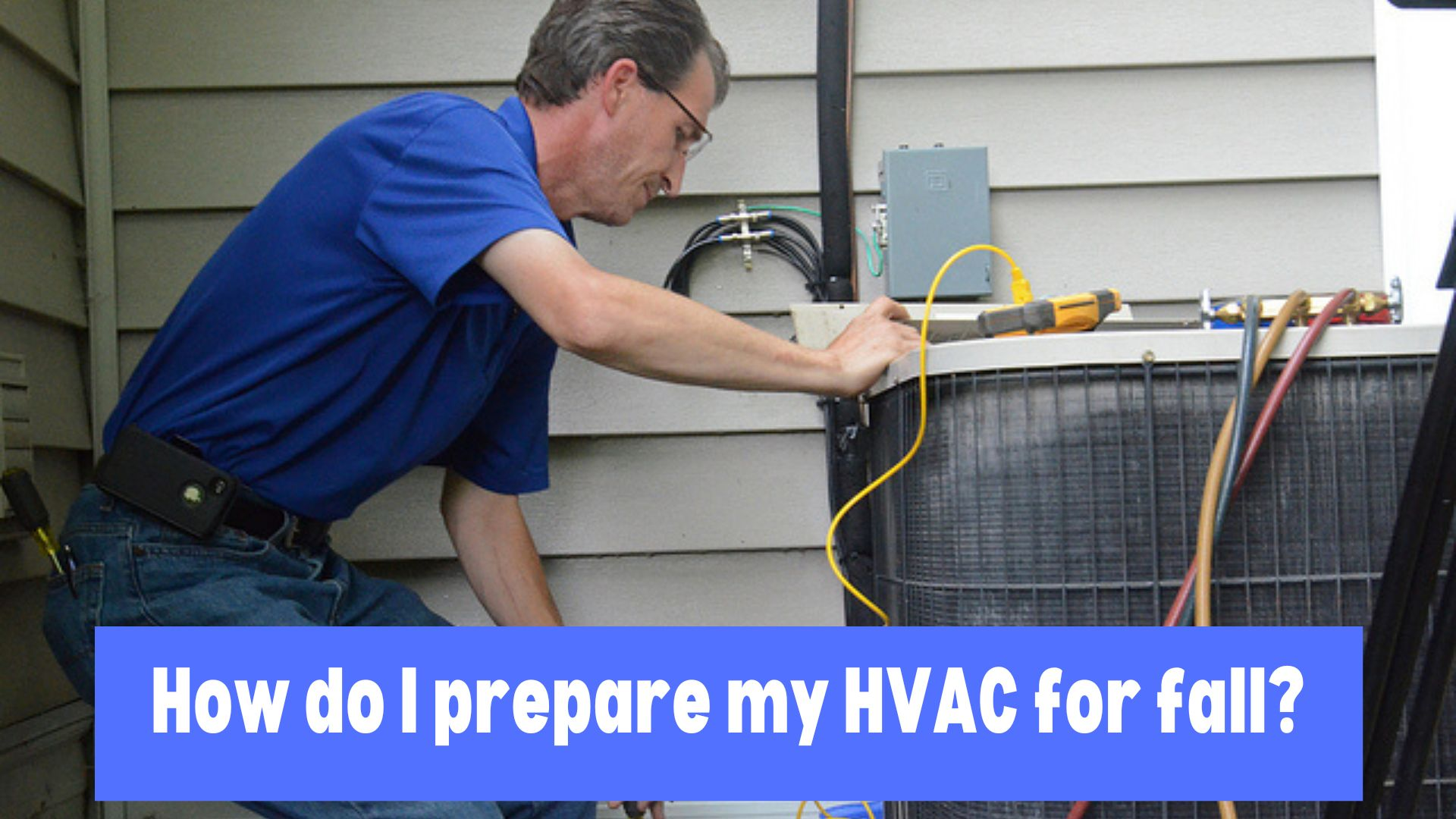Palm Springs is an extremely desirable location for many people. With perfect weather, endless sunshine, and plenty of entertainment. It’s no wonder why so many people flock to Palm Springs every year. However, there are still a few things that come with living in the desert climate. One of those is the importance of winterizing your HVAC system. Although temperatures don’t drop to extremes in Palm Springs during the winter months, laying the groundwork beforehand can help extend the life of your unit and save you money on energy bills, in addition to providing better air quality inside your home throughout cold months. Keep reading as we explain some tips on how best you can get prepared for colder days ahead.

Change Your Filters
HVAC filters provide many benefits to the homeowner. It is important to change them regularly. HVAC filters not only act as protectors of your HVAC system, but they can also help maintain quality air within the home. Many HVAC units use filters that remove dirt, dust, pollen, and other pollutants from the air. If you don’t change these filters regularly, it can result in poor air quality, odors, and even a decrease in HVAC efficiency over time. As such, it’s essential that homeowners keep up with regular filter changes. This will ensure their HVAC unit runs at its best for years to come.

Check for Drafts
As a homeowner, it is important to make sure your HVAC system is running optimally and that there are no drafts in your home. Drafts can cause your HVAC to work harder and drive up energy costs.
To detect drafts, look for places where two different surfaces meet, such as windows and doorways. Feel with your hand if there is any cold air coming through these areas. Another way to detect drafts is to look around windows, doors, baseboards, and other areas of the house for any visible gaps or cracks. It’s also a good idea to check outside around the foundation of your house and along the siding of the house, paying particular attention to missing caulk or weather stripping. If you believe you have detected a draft in your home, then it’s important to take appropriate measures right away, as even slight drafts can add up over time and become a major issue.
Schedule Preventative Maintenance
For any homeowner, HVAC systems are essential components to keeping the air in your home both clean and comfortable. These systems require regular and ongoing preventative maintenance in order to keep them running smoothly. Scheduling HVAC preventative maintenance on a regular basis is important to ensure consistent functionality. It is also necessary to protect against future damages or malfunctions that can occur if left unchecked.
By properly scheduling HVAC preventative maintenance each year, homeowners can enjoy a healthy and consistent atmosphere while avoiding costly repairs or replacements down the road.

Install a Programmable Thermostat
A programmable thermostat is an HVAC component that can help a homeowner reduce their energy bill. While traditional thermostats require constant adjustments to regulate temperature and maintain efficiency, a programmable thermostat can complete these tasks automatically.
By setting a specific temperature range for each day of the week, a homeowner can enjoy the benefits of having consistent temperatures in their home and substantial energy savings. In addition, Wi-Fi-enabled devices give homeowners the ability to control the temperature remotely using a smartphone or tablet. The overall benefits of using a programmable thermostat make it an essential HVAC component for any savvy homeowner.
Conclusion
With these tips, you can make sure that your HVAC unit is in tip-top shape for the coming winter months. Winterizing your HVAC system in Palm Springs will help ensure that your home stays comfortable year-round while also helping to extend the life of your HVAC unit and save you energy costs in the long run. Don’t forget to schedule a professional HVAC tune-up before winter arrives so that everything runs smoothly when cold weather finally hits Palm Springs. Be prepared and stay warm this winter.
To schedule your HVAC maintenance contact Anthem today.


























